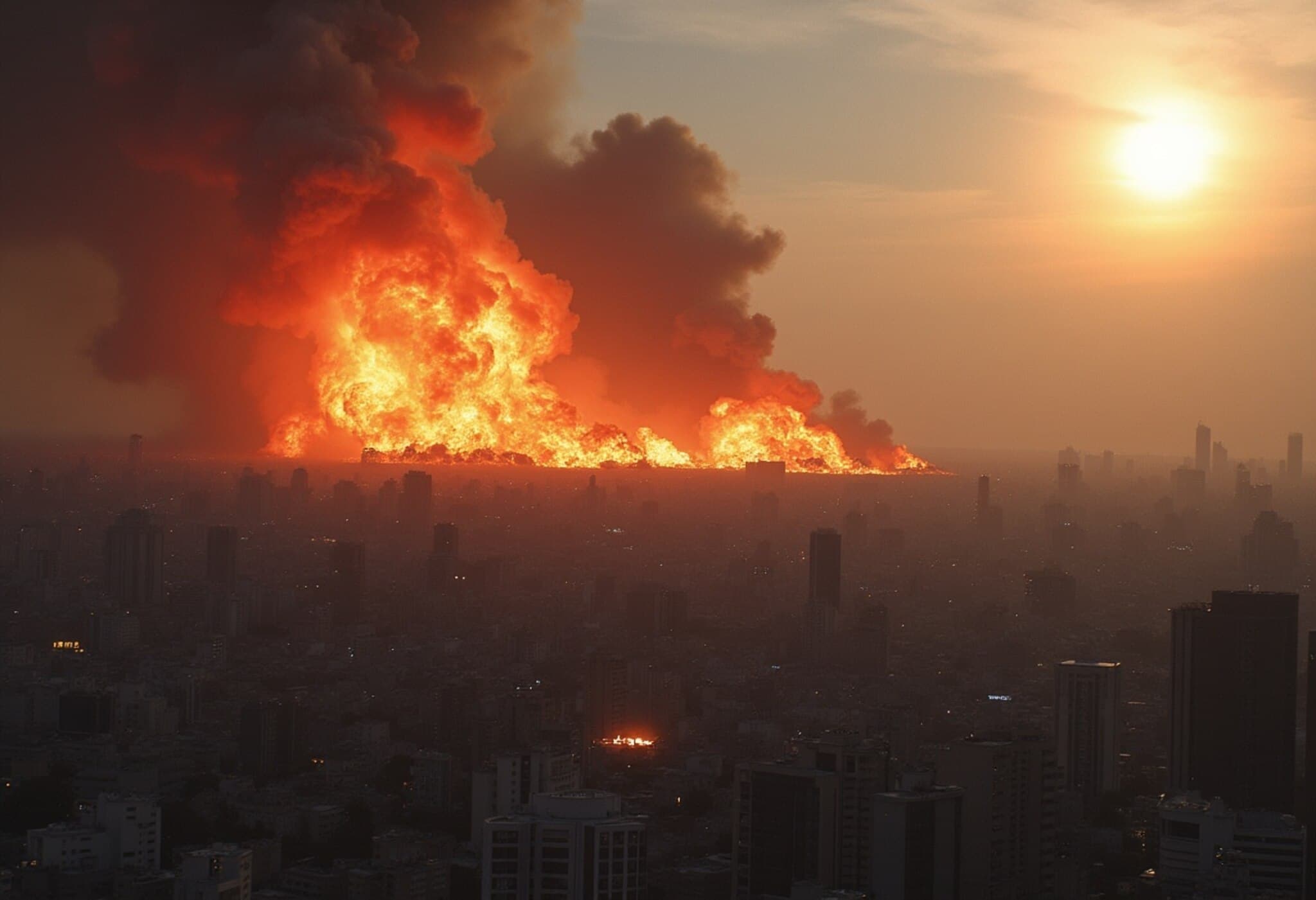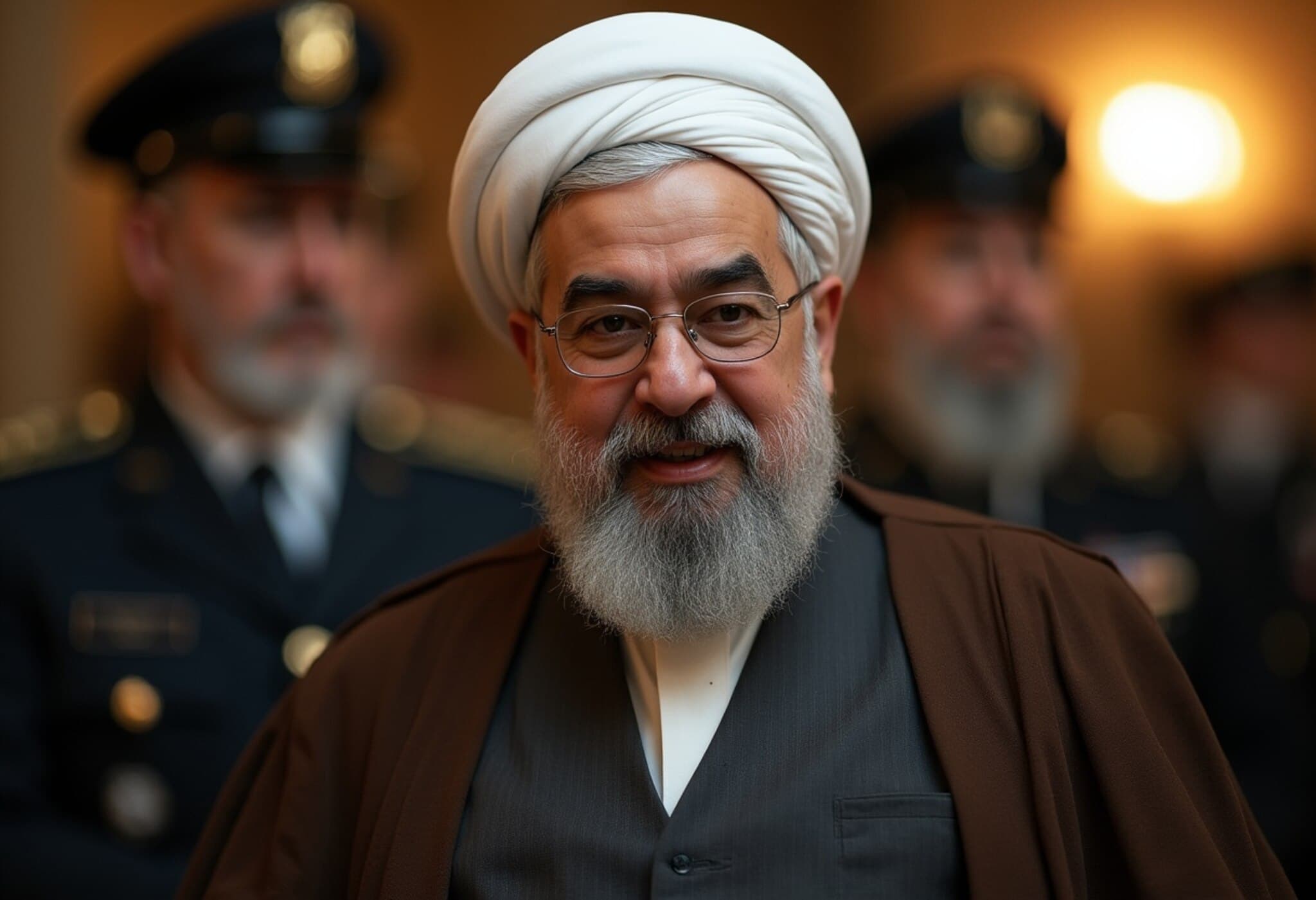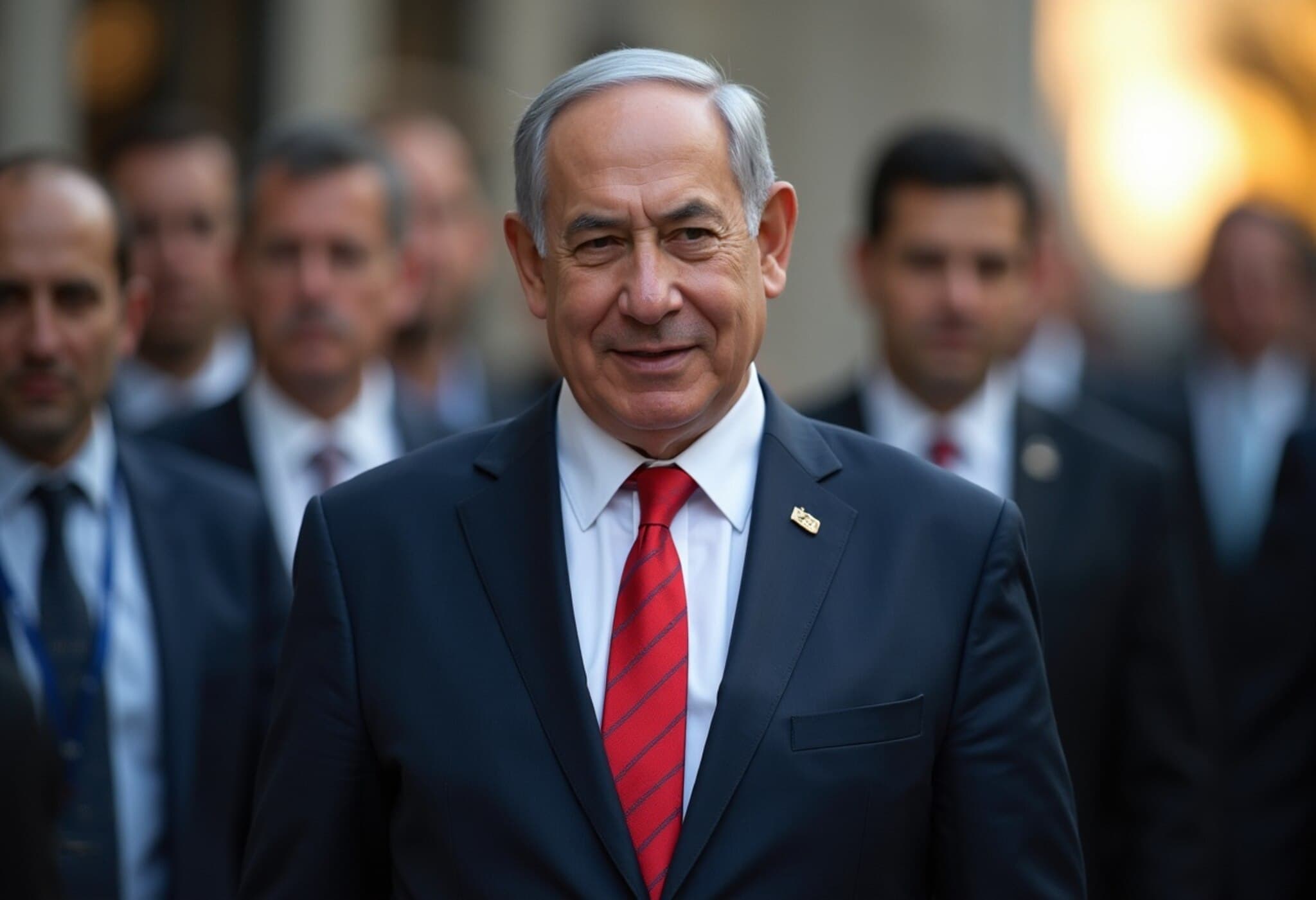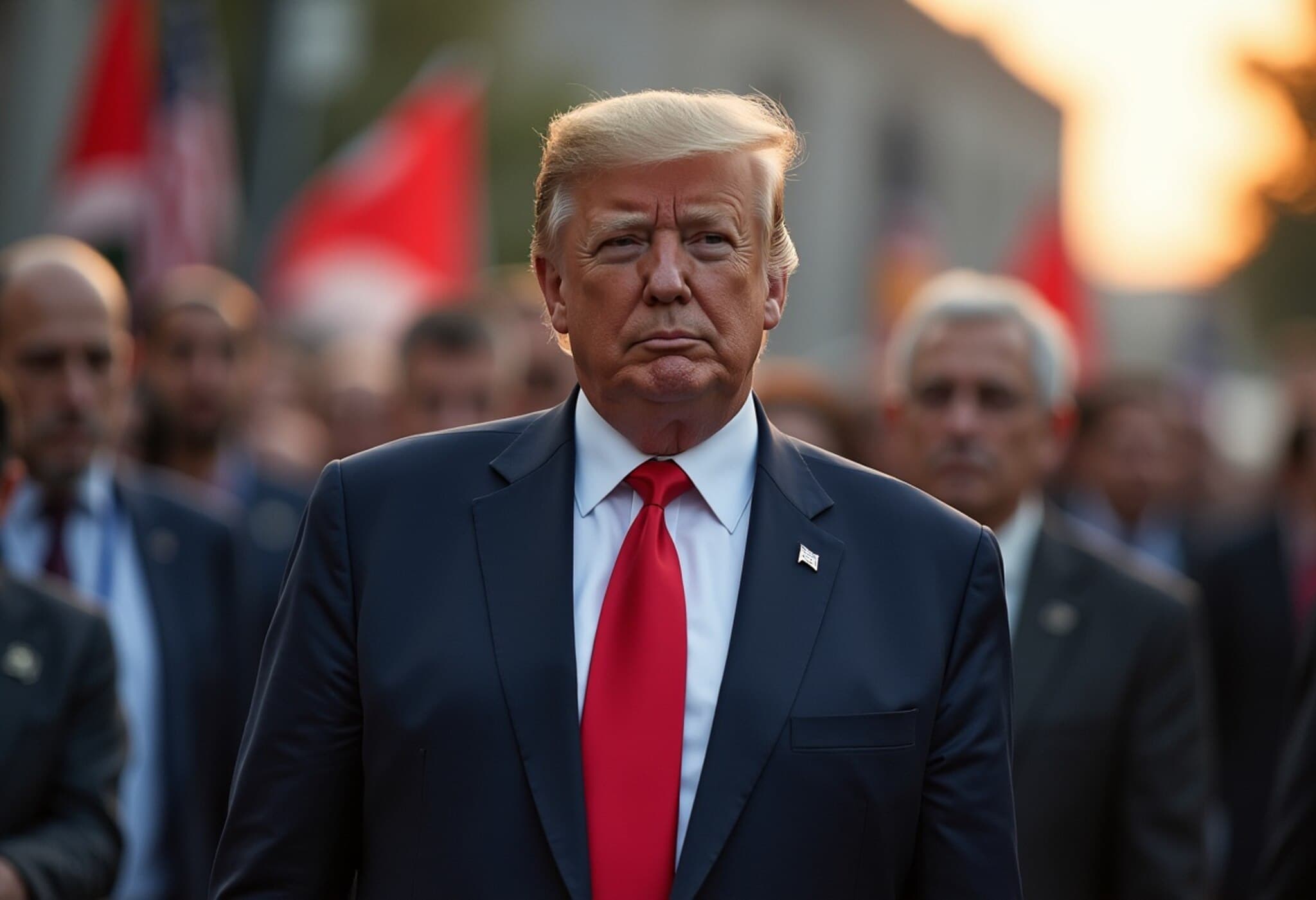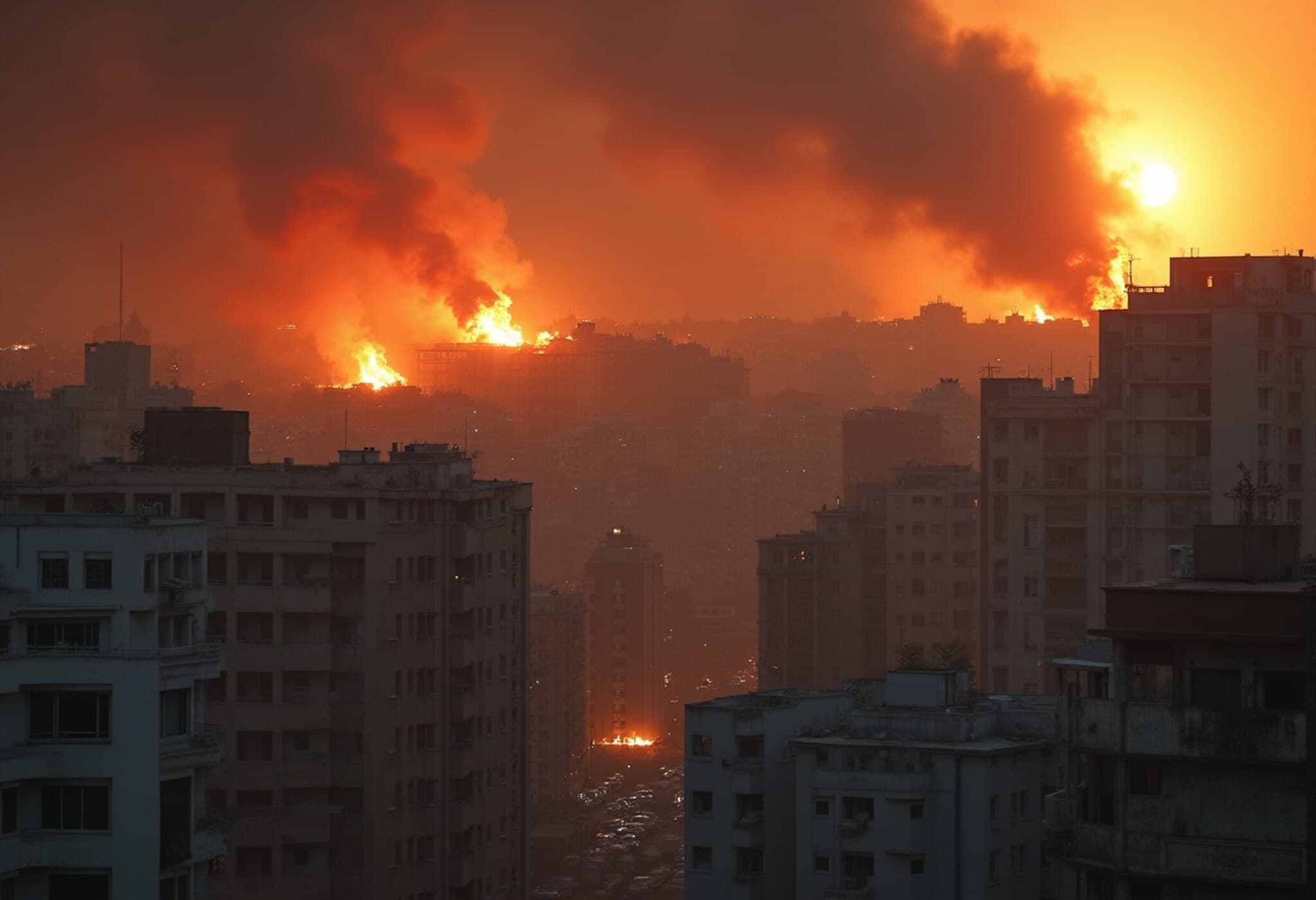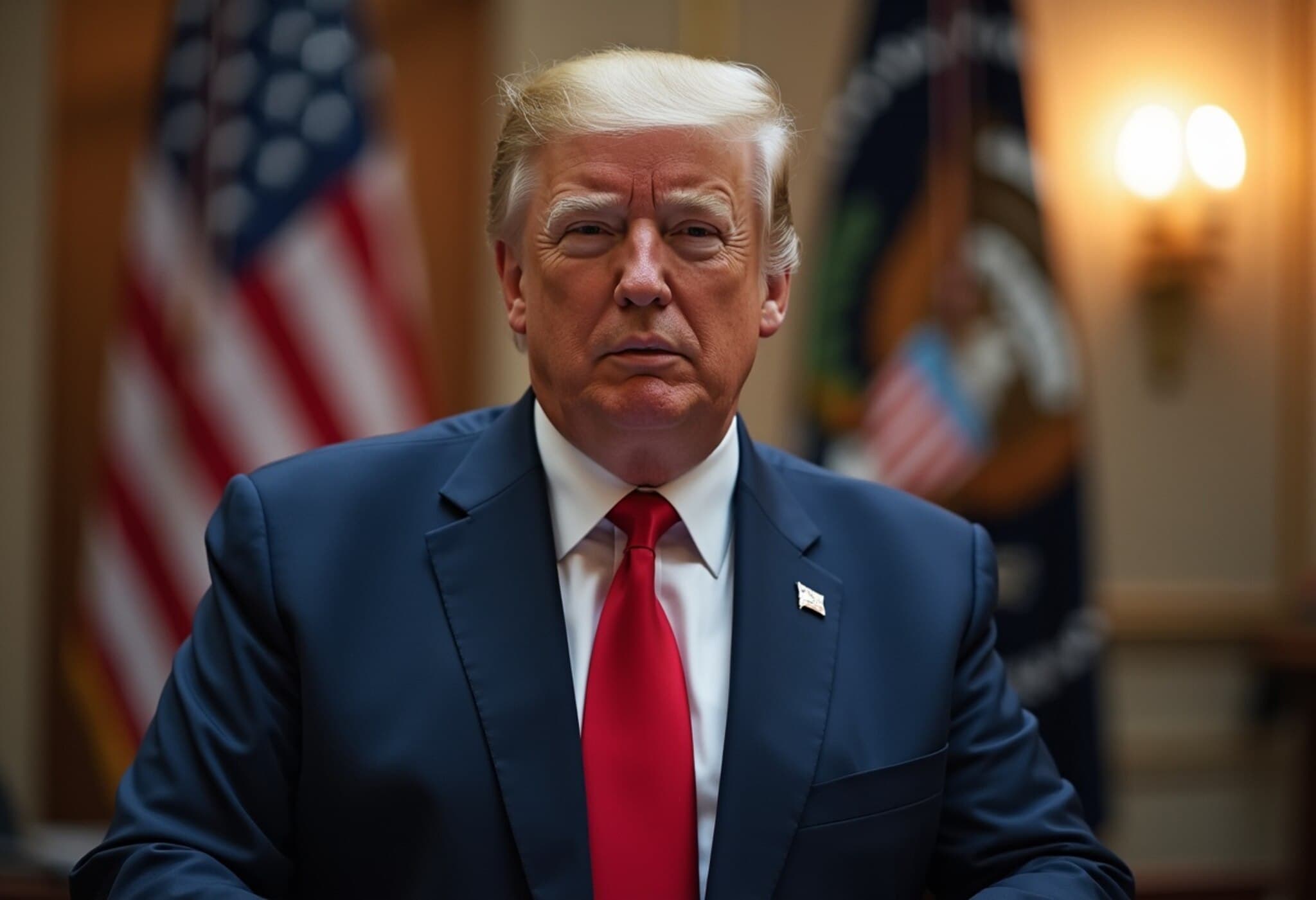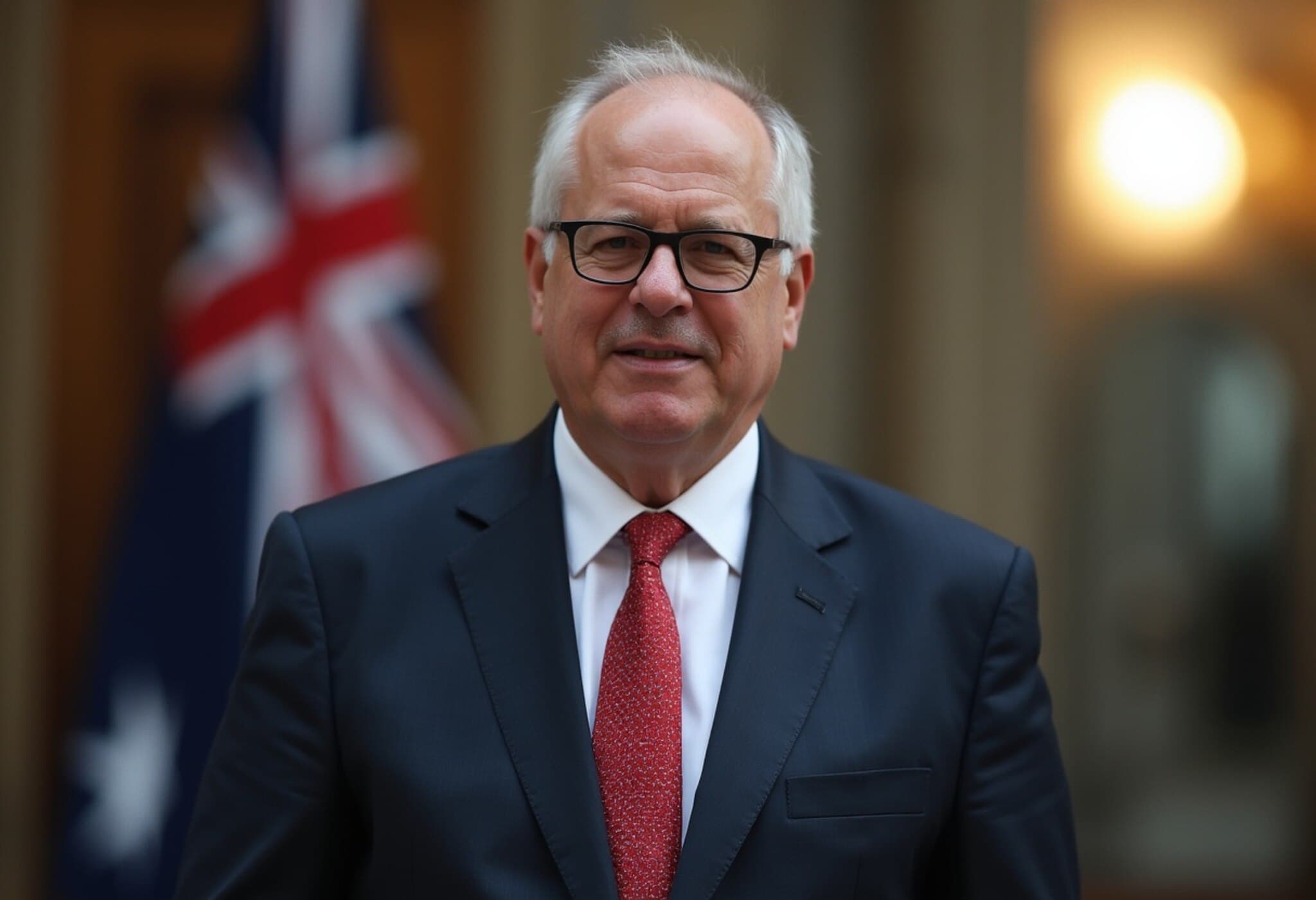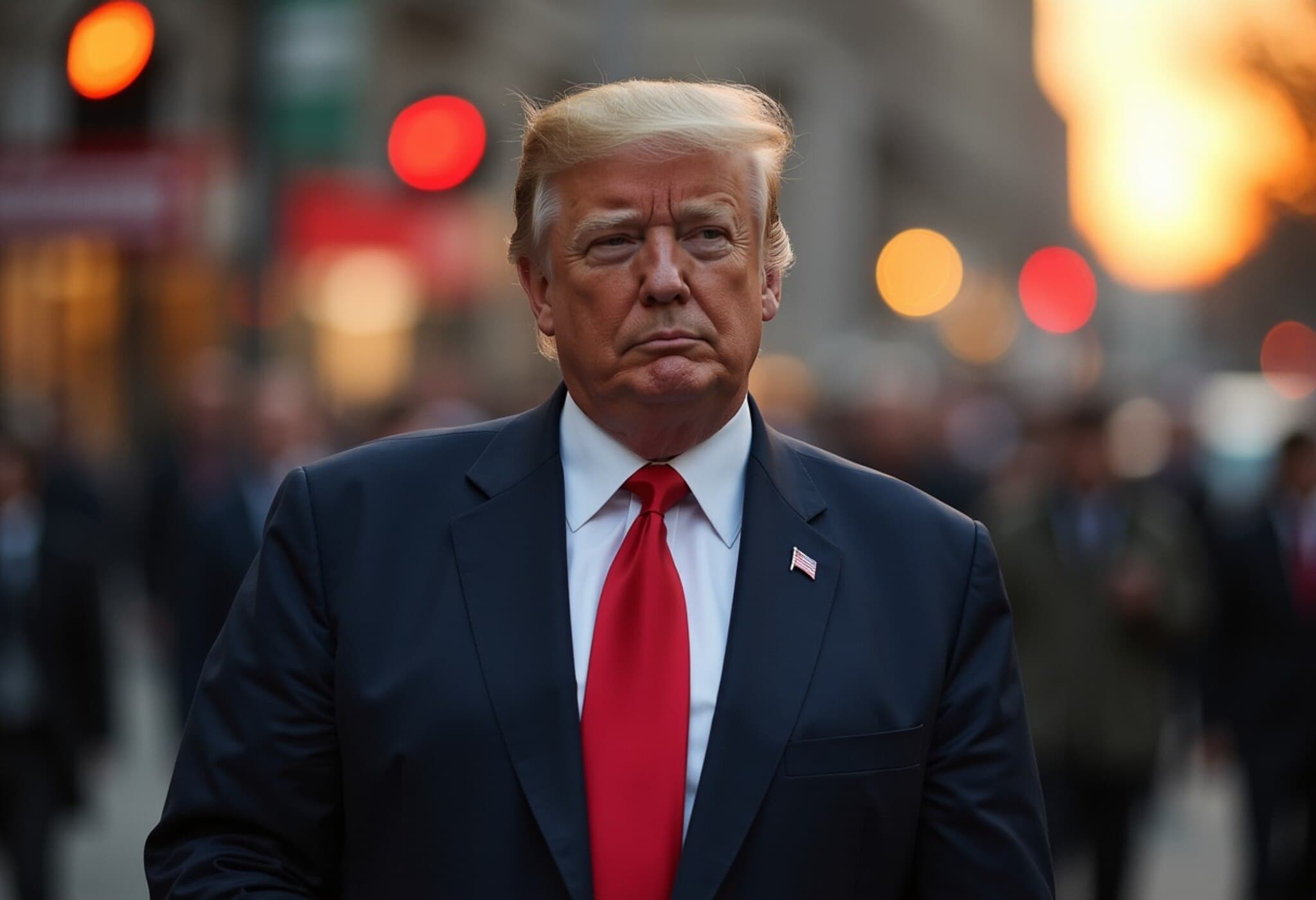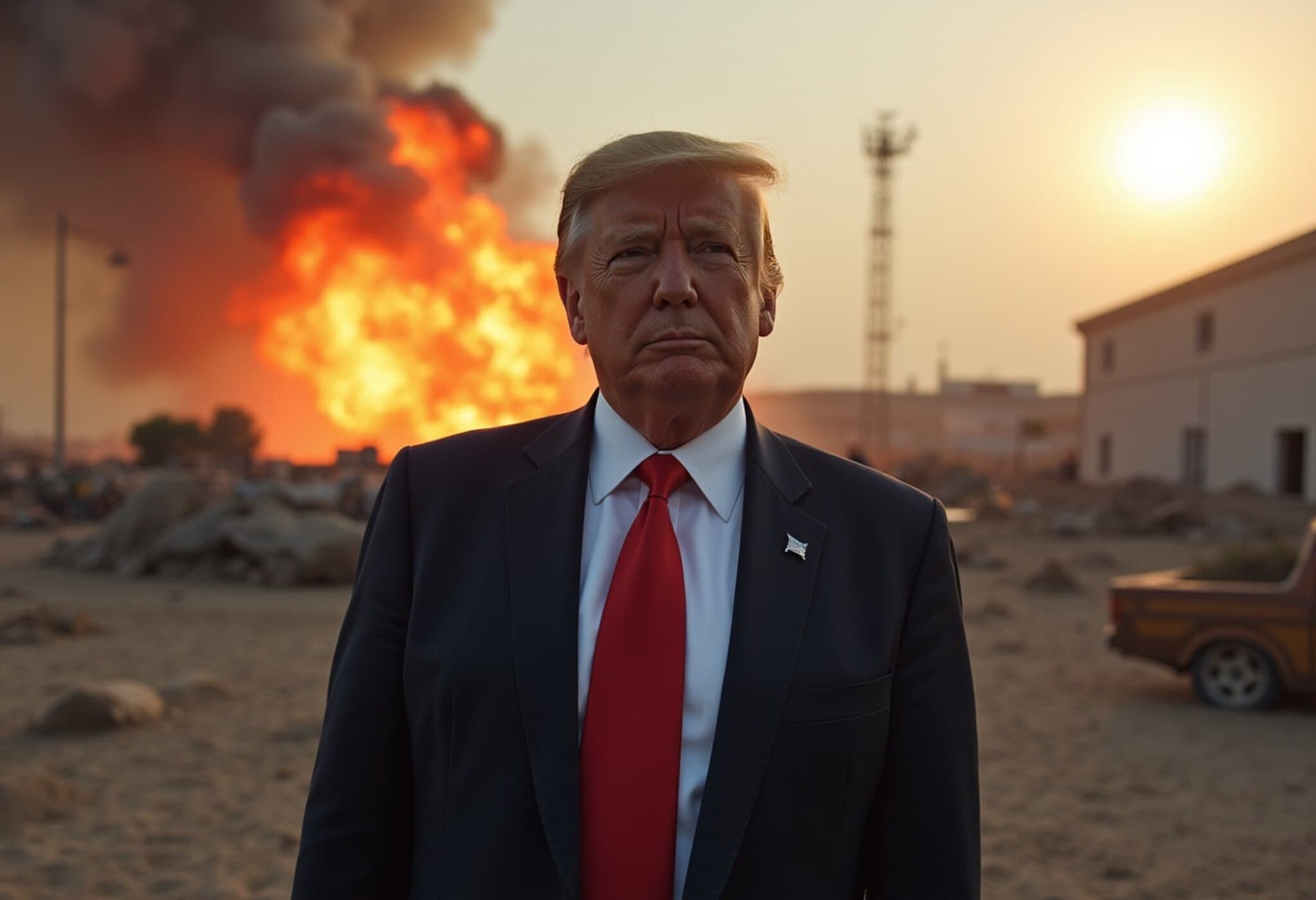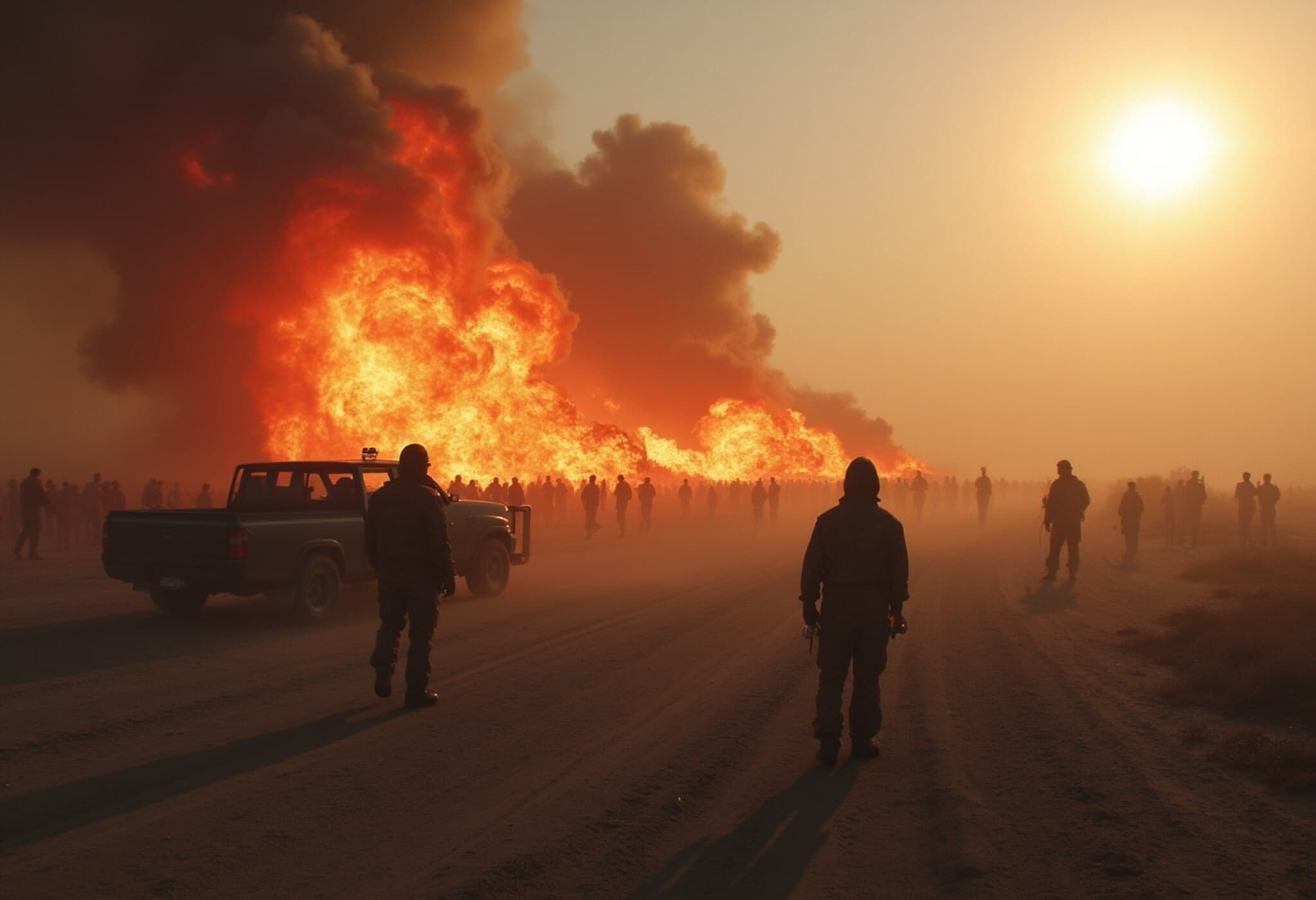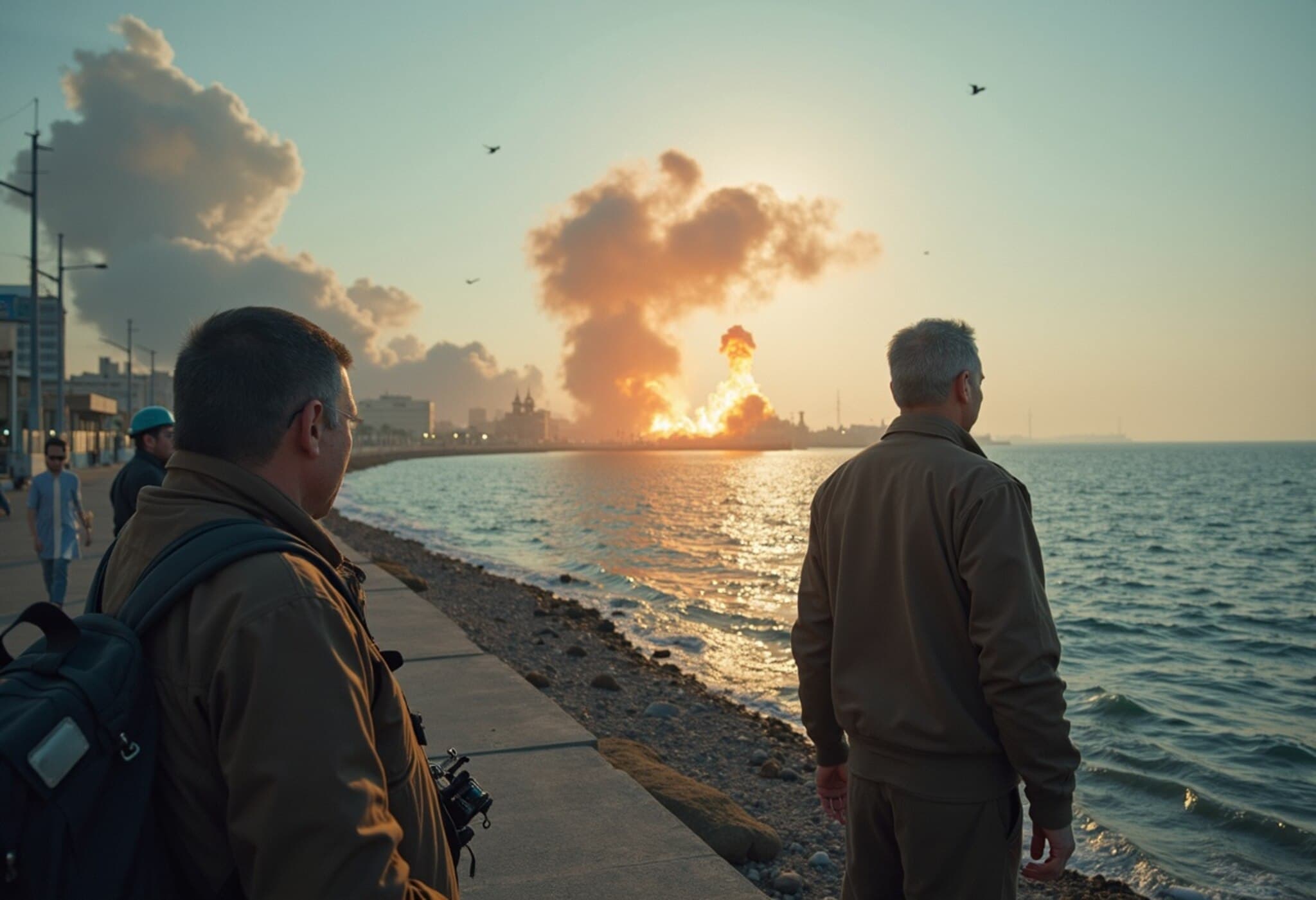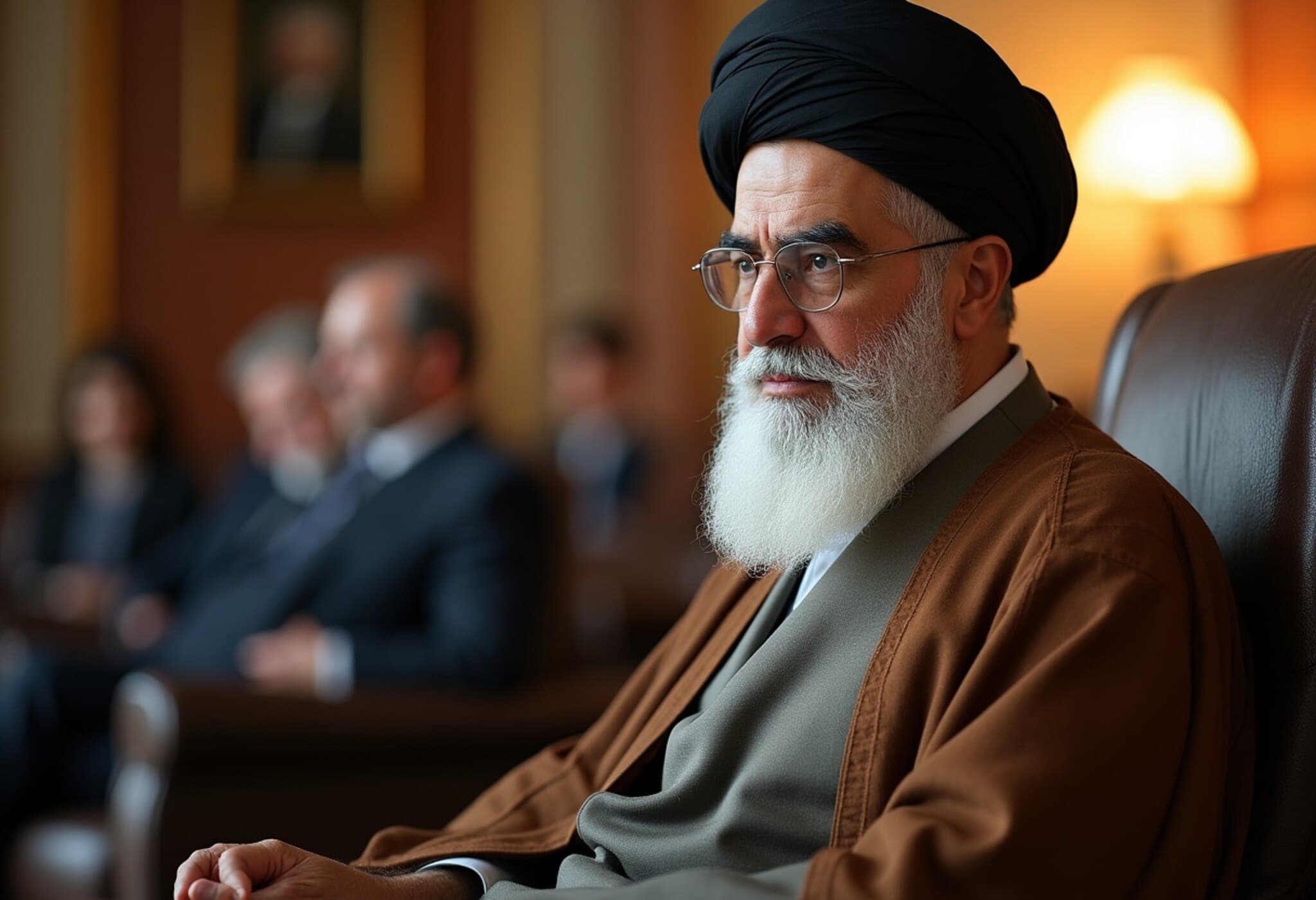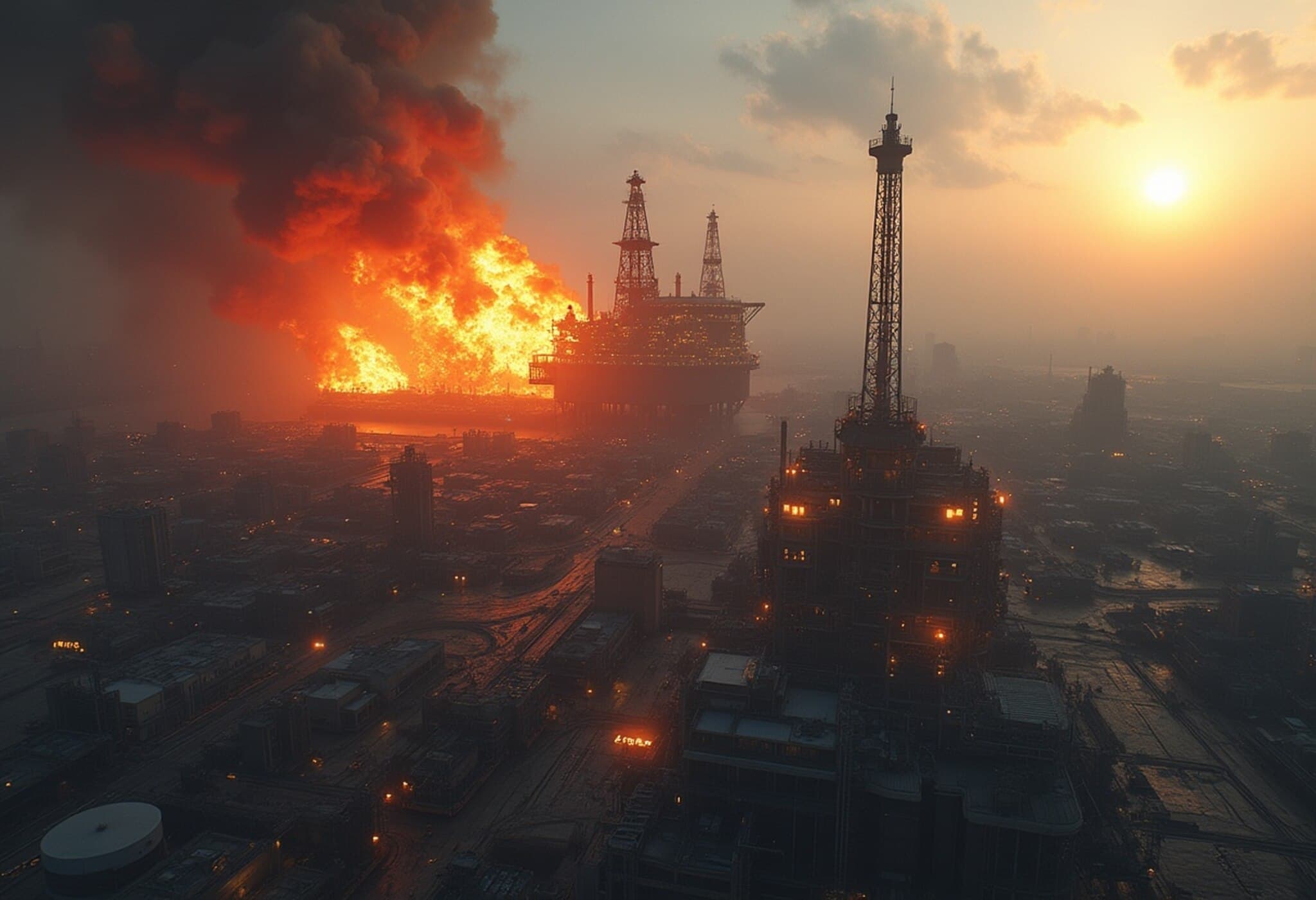Trump Raises Eyebrows with Regime Change Remarks on Iran
In a recent public statement, former US President Donald Trump stirred debate by questioning the prospect of regime change in Iran following a series of US military strikes targeting key Iranian military facilities. Trump provocatively asked on social media, "If the current Iranian regime is unable to MAKE IRAN GREAT AGAIN, why wouldn't there be a regime change?" His message sparked discussions, though official US stances reportedly remain cautious about pursuing regime overhaul.
Escalating Military Tensions After US Strikes
The US recently deployed 30,000-pound bunker-buster bombs against Iran’s Fordow nuclear site nestled in the mountains. Tehran responded defiantly, pledging to defend itself unwaveringly. Missile exchanges between Iran and Israel intensified, with reports of casualties on both sides. An explosion in western Iran killed six military personnel, while missile strikes on Tel Aviv left buildings damaged and numerous injured.
Heightened Security Measures in the Region and US
Amid the rising tension, the US State Department mandated family evacuations for its Lebanon-based employees and urged citizens in the broader Middle East to limit travel and maintain a low profile. Back home, law enforcement agencies increased patrols around religious, cultural, and diplomatic sites, anticipating potential security threats linked to the conflict.
Iran’s Calculated Retaliation and Strategic Signals
So far, Iran has refrained from directly targeting US bases or attempting to disrupt global oil supplies despite repeated warnings. However, Iranian Foreign Minister Abbas Araqchi hinted at all possible countermeasures, emphasizing that diplomatic engagement is off the table until Iran exacts retaliation.
"The US has shown disregard for international norms and only understands force," Araqchi stated during remarks in Istanbul.
Military Success and Damage Assessment Disparities
Trump described the airstrikes as a "spectacular military success," claiming the obliteration of Iran’s critical nuclear enrichment infrastructure. Yet, Pentagon officials and independent monitors painted a more cautious picture. Satellite images indicated craters above the Fordow site, but no official damage report has been released. Additionally, the International Atomic Energy Agency confirmed no abnormal radiation levels remotely after the strikes.
Potential Economic and Strategic Fallout: Strait of Hormuz
In a symbolic yet alarming legislative move, Iran’s parliament approved the possibility of closing the Strait of Hormuz — a vital chokepoint through which nearly a quarter of the world’s oil shipments transit. While the closure requires Supreme National Security Council approval, this threat alone sends shockwaves through global markets.
Closing the strait could drastically spike oil prices, disrupt the global economy, and provoke a direct confrontation with the US Navy's Fifth Fleet, which safeguards passage through these crucial waters.
Broader Risks: Unconventional Retaliation
Experts warn that a weakened Iran might resort to asymmetric tactics like bombings or cyberattacks to retaliate against Western interests, suggesting a prolonged period of instability may lie ahead.
Diverging Goals Among US and Israeli Leadership
Israel, which initiated these hostilities with an earlier strike on June 13, openly aims to dismantle Iran’s nuclear program and eliminate ballistic missile threats, with Israeli Prime Minister Benjamin Netanyahu asserting confidence in nearing these objectives.
Meanwhile, US officials remain measured. Keenly aware of the fallout from past regime change efforts, Defense Secretary Pete Hegseth stressed the mission's narrow scope, stating, "This operation was never about regime change but focused on neutralizing threats posed by Iran’s nuclear ambitions."

